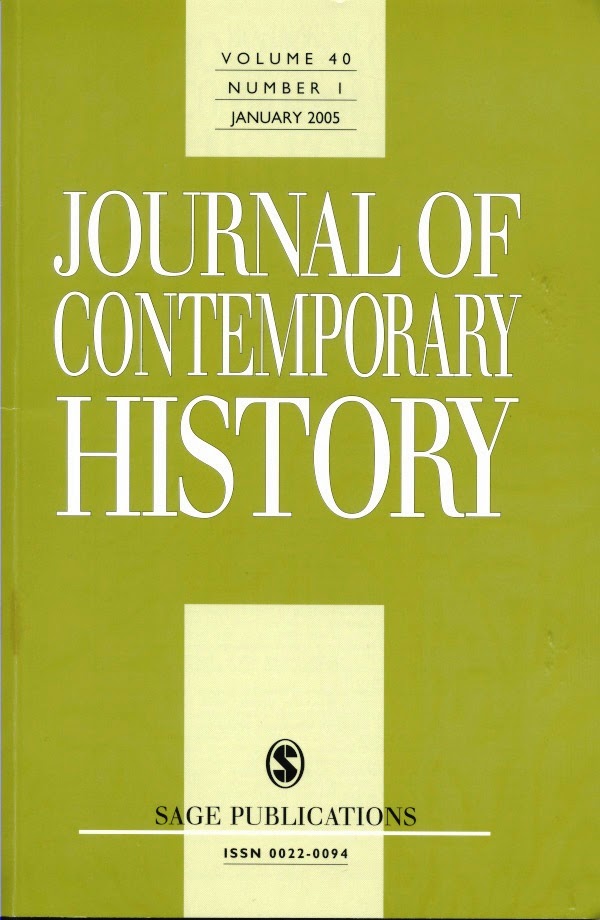
This paper employs relational analysis to deal with the following question: Since the Greek labour movement has been organizationally weak throughout the inter-war era, why was the state so tenacious in repressing it? Attempting to answer this question involves a brief account of the pertinent legislation, a sketch of the evolution of the security apparatus (paying particular attention to the role of the British Police Mission in reorganizing the Greek gendarmerie), and the presentation of the dynamics of state coercion (coercive frequency and intensity). It draws on British diplomatic records (PRO/FO) and a quantification of the coercion the Greek labour movement endured in the inter-war period. It is argued that, contrary to a widespread view, state coerciveness did not signify misguided overreaction by state officials, but was structurally engendered by the convulsive unpredictability of the labour movement. Far from being merely haphazard or senseless, the coercive conduct of the state appears to have been both well-calculated and effective in undermining the labour movement’s dynamic by constricting political opportunities. On the other hand, this coerciveness exacerbated the labour movement’s politicisation and its penchant for militant extra-legal action despite its continuing organisational problems.

